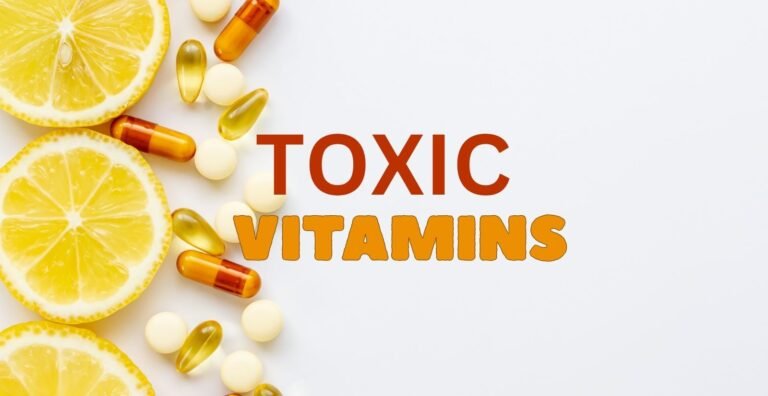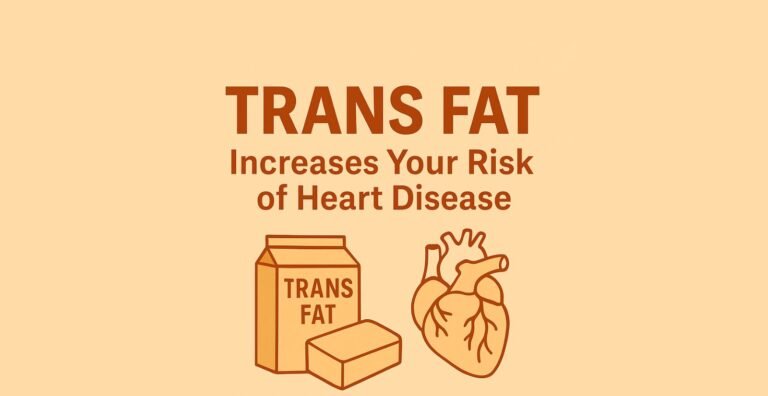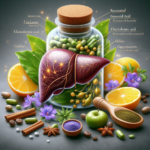Top Health & Wellness Product Reviews with Exclusive Sale Prices!
ADHD in Adults: Symptoms, Diagnosis, and Drug-Free Management

Introduction
Attention-Deficit/Hyperactivity Disorder (ADHD) isn’t just a childhood condition. Approximately 4.4% of U.S. adults live with ADHD, many undiagnosed. This guide reveals how ADHD manifests in adults and practical ways to manage it naturally.
What Is Adult ADHD?
ADHD is a neurodevelopmental disorder affecting executive function. While symptoms often appear in childhood, 60% of cases persist into adulthood, presenting unique challenges in work, relationships, and daily life.
Key Characteristics
- Impacts focus, impulse control, and emotional regulation
- Often misunderstood as laziness or disorganization
- Presents differently than childhood ADHD (less hyperactivity, more internal restlessness)
Recognizing Adult ADHD Symptoms
ADHD symptoms typically fall into two categories, though many adults experience a mix of both.
Inattentive Symptoms
- Chronic procrastination on important tasks
- Frequent forgetfulness (missed appointments, lost items)
- Difficulty following through on projects
- Avoidance of mentally demanding tasks
- Easily distracted during conversations
Hyperactive/Impulsive Symptoms
- Feelings of inner restlessness or agitation
- Impulsive decisions (spending, interrupting others)
- Frequent job or relationship changes
- Risk-taking behaviors
- Emotional dysregulation (quick temper or mood swings)
Note: Many adults with ADHD also experience anxiety, depression, or sleep disorders as secondary effects.
The ADHD Diagnosis Process for Adults
Getting properly diagnosed is crucial for effective management. Here’s what to expect:
Professional Evaluation Steps
- Comprehensive clinical interview about symptoms and history
- Use of standardized ADHD rating scales (e.g., ASRS-v1.1)
- Review of childhood behaviors and school reports
- Physical exam to rule out other conditions
Differential Diagnosis Considerations
- Thyroid disorders
- Sleep apnea
- Anxiety/depression
- Bipolar disorder
- Nutritional deficiencies
Tip: Seek specialists (psychiatrists or neuropsychologists) with adult ADHD experience.
Effective Natural Management Approaches
While medications help many, these evidence-based strategies can significantly improve symptoms:
Nutritional Interventions
- High-protein breakfasts to support dopamine production
- Omega-3 rich foods (wild salmon, walnuts) for brain health
- Elimination of processed sugars and food additives
- Hydration monitoring (dehydration worsens symptoms)
Movement-Based Strategies
- Daily aerobic exercise (30+ minutes)
- Yoga for mindfulness and body awareness
- “Fidget-friendly” work environments
- Walking meetings instead of seated ones
Sleep Optimization Techniques
- Consistent sleep-wake schedule (even weekends)
- Blue light blocking after sunset
- Magnesium supplementation before bed
- Sleep tracking to identify patterns
Organization Systems That Work
- Digital task managers (Todoist, ClickUp)
- Physical “launch pads” for essential items
- Time-blocking with buffer periods
- Visual reminders in high-traffic areas
Therapeutic Support Options
- Cognitive Behavioral Therapy (CBT) tailored for ADHD
- ADHD coaching for practical skill-building
- Support groups for shared experiences
- Mindfulness meditation practices
Important: These approaches work best when combined and consistently applied.
When to Consider Professional Treatment
While natural methods help many, medication may be appropriate when:
Medication Indicators
- Symptoms significantly impair daily functioning
- Natural approaches provide insufficient relief
- Co-occurring conditions (depression/anxiety) are present
- Quick symptom control is needed for critical situations
Treatment Options Overview
- Stimulant medications (Adderall, Vyvanse)
- Non-stimulant options (Strattera, Wellbutrin)
- Combination therapies (medication + behavioral)
Always consult with an ADHD specialist about treatment options.
Conclusion: Living Well With ADHD
Adult ADHD presents challenges but also unique strengths. By combining proper diagnosis with tailored management strategies, individuals can:
✔ Improve focus and productivity
✔ Enhance emotional regulation
✔ Develop effective coping systems
✔ Leverage ADHD traits as advantages
Remember: Management is personal—what works for one may not work for all. Consistent experimentation and professional guidance lead to the best outcomes.
FAQ Section
Can you develop ADHD as an adult?
No, but symptoms may become more apparent when childhood coping mechanisms fail in adulthood.
Is ADHD medication necessary forever?
Not always—some use it temporarily while building behavioral skills, others benefit from long-term use.
How accurate are online ADHD tests?
They can indicate potential symptoms but cannot replace professional diagnosis.
Do ADHD brains work differently?
Yes—neuroimaging shows differences in prefrontal cortex activity and dopamine processing.







